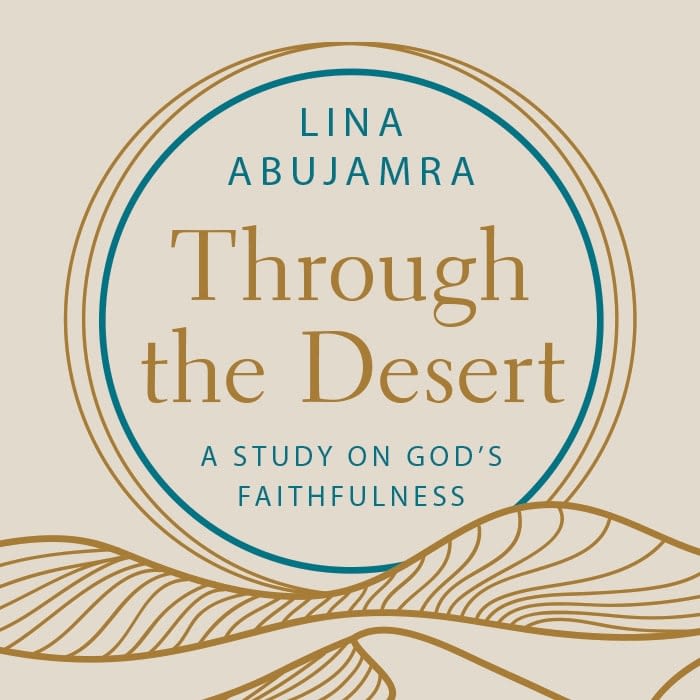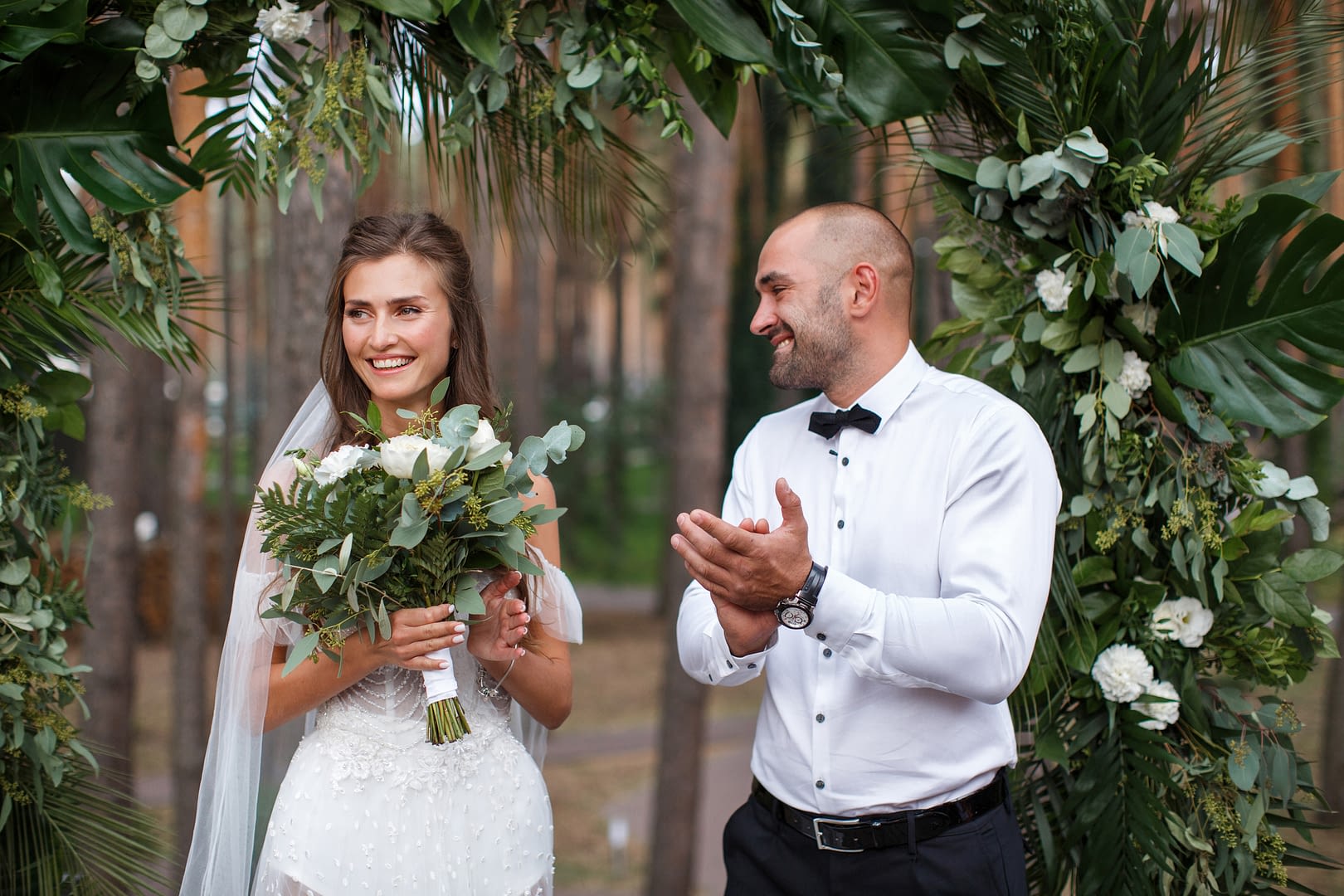What if I told you gratitude could increase happiness? What if I said that scientific research shows positive physiological benefits when we meditate on what we’re grateful for? What if I said that gratitude, real Christian gratitude, should be seen as a choice to make and not a feeling to follow? But let’s start with an honest story, the only kind I tell, to make sure you know I’m living in reality, right alongside you.
My husband, Marty, and I have always said that we will take experiences over amassing things any day. It’s something we believe in so it’s also how we’ve raised our boys. Just this week the boys have had a private dirt bike lesson, ridden on a dirt bike track, seen a baseball game with incredible fireworks afterward, attended an archery camp, and gone to our state fair with the best foods and rides. On the way home from the fair my 9-year-old son, Maverick, burst into tears, partly from sadness and partly from anger. He said, “I hate to say it, Mom and Dad, but compared to a lot of my friends, you guys are cheapskates! Gus and I never get anything!” My first thought was, who are your friends? Second, what in the world?
He went on, through his tears, saying how all of his friends have so much more stuff than he does. Marty and I covered our laughter in the moment, but when we realized he was serious, we explained to Maverick that most adults don’t get to do half of what he does. It was a good opportunity to explain our rationale in parenting, which, for the record, he doesn’t agree with. Luckily, we’re not looking for his approval.
I think as adults we play the comparison game more than we are willing to admit. It’s easy to tell this story about my son but much harder to admit when I am like him, constantly comparing what I have, or don’t have, with others. Comparison kills gratitude. We’ll always come up short if we compare who we are and what we have with other people. How can we focus on the good and make gratitude a practice?

Every night before bed, our family will gather in the boys’ shared bedroom and end the day by saying what we are thankful for. The boys know the routine. Sometimes the first answer out of their mouths is, “Nothing,” to which I challenge them to come up with something. That challenge is not only for them but also for myself. It’s easy to list what I’m thankful for on days when great things happened or the day just went well. But on other evenings, when the day might not have gone well or I don’t have a list of good things that happened, truthfully, I want to respond with, “Nothing,” as well. When my list of what I’m thankful for feels short or non-existent, I come back to what I know to be true about God and His blessings and that list is a constant.
What is true every day is that God loves me and cares for me and Jesus died for me. Jesus is the only person in my life who doesn’t change, the only person I can truly rely on who won’t fail me. When health fails, Jesus doesn’t. When family fails, Jesus doesn’t. When friends fail, Jesus doesn’t. When my boys fail, Jesus doesn’t. When I fail, Jesus doesn’t.
The definition of gratitude is “the quality of being thankful; readiness to show appreciation for.” It’s not about our circumstance, our season, our day, our attitude, or our mood. It’s a readiness to show appreciation or gratefulness anyway regardless of our feelings. In spite of. Gratitude is a mindset. It’s a habit. It’s being ready to be thankful even when we don’t feel like it. I would say that thanksgiving is a foundational pillar to Christianity.
When my boys are grown and out of our house, I hope the habit of giving thanks at the end of each day will have taught them the constants in life—namely, Jesus. They can end each day knowing it may not have been the best day or they may not have the best attitude, but gratitude is a choice. We can learn to be thankful when we feel like it and when we don’t feel like it. It is my hope I can teach the boys this by my example. When Jesus is our focus, gratitude is easy.
In the New Living Translation, Psalm 136 says twelve times to “give thanks” and then reminds us to be thankful not only for what God is doing now but what He has done in the past. The reason we should give thanks? “His faithful love endures forever.” I love this chapter because it commands us to give thanks while acknowledging that life can be good, bad, and ugly. Yet the reason for giving thanks isn’t because of those life circumstances. It’s because God’s faithful love endures forever. In a good season, give thanks. In spite of a hard season, give thanks. In spite of feeling that you may not want to, give thanks. Don’t confuse gratefulness with toxic positivity. It isn’t denying bad things happen and it isn’t saying that life is all sunshine and rainbows.
I practice what I call an “even so” attitude. First, I acknowledge my circumstance is bad and I allow God to meet me there in the valley, where He does some of His best work. If we don’t invite Him into our hard situations, we don’t give Him the opportunity to meet us in our need. Once I have opened up to God and allowed Him in, then I can shift my focus and not mentally stay in the valley.
There are physical benefits of gratitude and, as someone who works in medicine, I found these to be equal parts mind blowing and also not surprising at all. The University of Minnesota says prayer and gratitude can calm our bodies. Prayer “inhibits the release of cortisol and other hormones, thus reducing the negative impact of stress on the immune system and promoting healing” (1). In the book Winning the War in Your Mind, Craig Groeschel says that brain scans can show a visual difference with just twelve minutes of prayer over an eight-week period. NBC News reported that when we pray and show gratitude that our body actually releases the hormone oxytocin which “enables social trust and attachment” (2). Gratitude can also aid in neuroplasticity which alters the brain’s ability to adapt and change its response to circumstances. This means the brain can develop a default setting that’s inclined to be more grateful. Additionally, being routinely thankful can aid in better sleep, lower blood pressure, and increased energy (3). These examples of the role of prayer and gratefulness and how it changes our brain and chemical makeup are reasons to harness the habit of gratitude. We can literally change our brain by being grateful.
I think oftentimes people view me as happy and grateful as a result of not having any problems. In reality, it’s because of and in spite of my problems that I’m grateful. I’m grateful for my marriage because of the problems we’ve had in the past. I’m grateful for the financial freedom and security we have because of the days, months, and years we were drowning in debt. I’m grateful for my health because I have spent years working in an intensive care unit where people are on ventilators and leave this earthly life daily. I’m grateful for my boys and even the problems we face with them because at one point I wondered if we would ever have children. This week, I’ve watched a baby enter this world and I’ve grieved with a mom whose baby left this world. I received a picture from a mom holding a “brave box” that my family makes for women who choose life and adoption for their babies. Life is super messy. That’s an understatement. But I’m grateful because it’s a choice I make every single day. With very little effort, we can find a lot of crappy things happening in the world right now. But we can also find a lot of really good things happening too. Focusing on the good doesn’t deny our reality and the fact that Jesus wants to meet us there, but it reminds us that the choice of gratitude is always ours to make. What will you choose to be thankful for today?
Scripture quotations marked NLT are taken from the Holy Bible, New Living Translation, copyright ©
1996, 2015 by Tyndale House Foundation. Used by permission of Tyndale House Publishers, Carol
Stream, Illinois 60188. All rights reserved.
1. Duncan, Catherine. “Taking Charge of Your Health and Wellbeing: Prayer.”
2. Spector, Nicole. “This is your brain on prayer and meditation.”
https://www.nbcnews.com/better/health/your-brain-prayer-meditation-ncna812376#
3. Miguez, Edyna. “The Science Behind Gratitude.”




